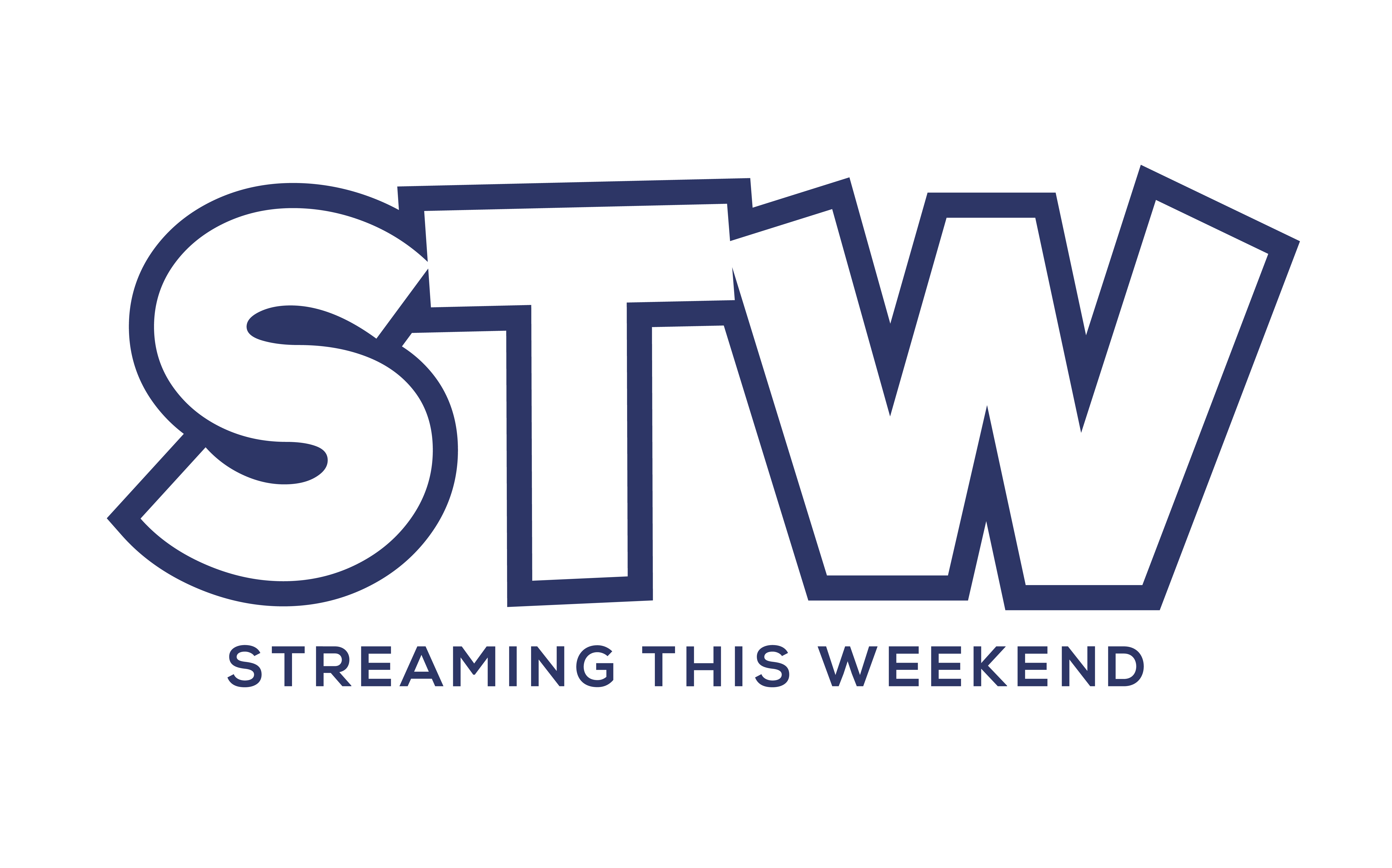Directed by Pierre Morel and starring Liam Neeson as Bryan Mills, a former CIA operative with *a particular set of skills*, Maggie Grace as Bryan’s daughter Kim Mills, Famke Jansse as Bryan’s ex-wife, Katie Cassidy as Kim’s best friend, and Olivier Rabourdin as Jean-Claude Pitrel, a French intelligence officer who once worked with Bryan but is now seemingly corrupt, Taken is a classic that still resonates with audiences over 15 years after its initial release (everyone loves some Liam Neesons – lol). And for good reason.
When Kim Mills flies to France with her best friend Amanda, the two are kidnapped by Albanian gangsters to be sold into the sex trade. However, they’ll have to survive Kim’s father, who wants you to listen very carefully.
Why Taken worked so well for Liam Neeson
In what was likely a turnaround in Liam Neeson’s career, Taken rewrote the blueprint for action flicks after its release. Followed by two sequels as well as several similar films staring Neeson, including Unknown, The Grey, and The Commuter, Taken summed up what is every parent’s worse nightmare followed by what every mother and father thinks they would do if it happened to them.
When Bryan’s daughter Kim is taken, Bryan uses skills acquired in service to the CIA to surgically identify, hunt, and kill the perpetrators responsible.
Despite the plot boiling down to an ill-prepared criminal cabal picking a fight with a parent who holds back nothing, Taken resonates because it triggers emotions every parent has had; uncertainty and fear, as well as the unearned confidence to believe that, with the right catalyst and motivation, they’d essentially be unstoppable if it meant saving their child’s life.
Navigating a foreign nation and hostile turf with the swagger of a T800, Neeson gave every parent something to aspire to. And it worked. Who hasn’t seen Taken at this point?
But given the crowded space that now includes superpowered and technologically superior flying wunderkinds, could a movie like Taken still exist and be successful?
Is the Taken era over?
In a Polygon article last April, Josh Rivern wrote that “it’s remarkable how long a shadow Taken has cast.”
In a poor review of Liam Neeson’s latest film, Memory, Rivern argues that Neeson’s schtick has been overplayed, unsurprising, even outdone, stating:
“Neeson reads as if he’s operating in the same mode of desperate competence he originally perfected in Taken. Yet in Memory, the thrill is gone — his intensity is no longer surprising, and as committed as Neeson is to remaining on screen and present for most of his character’s stunts, his limitations appear more apparent than usual, given Campbell’s clear shot blocking and the clean cuts that stitch the film’s action scenes together so neatly. Arguably, the film suffers from these two men being too good at their jobs, so one’s commitment overexposes the others’ shortcomings.”
But is it Liam Neeson that’s out of breath or Campbell?
Action films have never been more relevant, with Top Gun: Maverick breaking over a billion bucks at the box office, and properties like The Northman and The Boys trending constantly, is Taken’s formula really outplayed?
The Taken formula still resonates because the catalyst for it isn’t far fetched
With so many reports of sex trafficking, corruption, and gun violence, Taken sums up all of our worst fears, bottled into a flick that sees our hero do exactly what we’d like to see done to every thug and criminal harassing our children – or us.
When Taken was released in 2008 there were just under 31,000 cases of sex trafficking globally. By 2019 the number of cases nearly tripled to 120,000.
With so many global threats and monsters capable of such terrible things, perhaps Taken resonates because we need it to – even if it means it is just Liam Neeson reading a script – deep down, we only hope we’d have what it takes. Again, that’s why it works.
What’ll be the take on Taken in another 15 years?
Only time will tell.
But we’re pretty sure it won’t ever get old to hear, “I will look for you, I will find you, and I will kill you.”
Related: Black Adam Reviews Pop Up Online, Not Good


